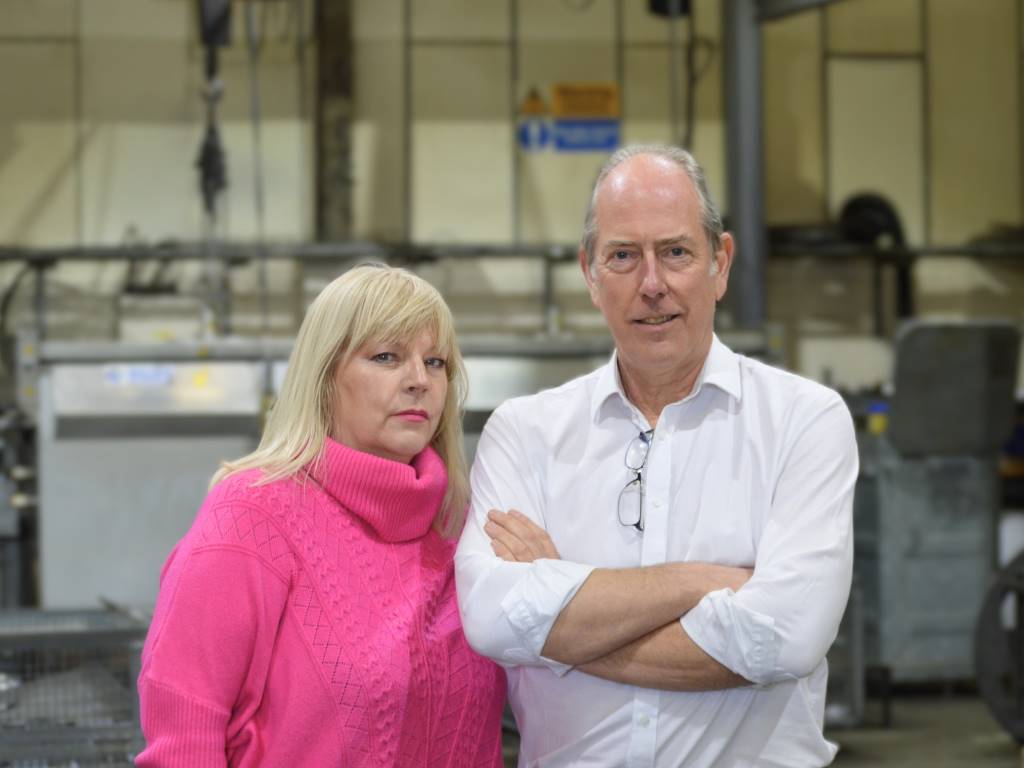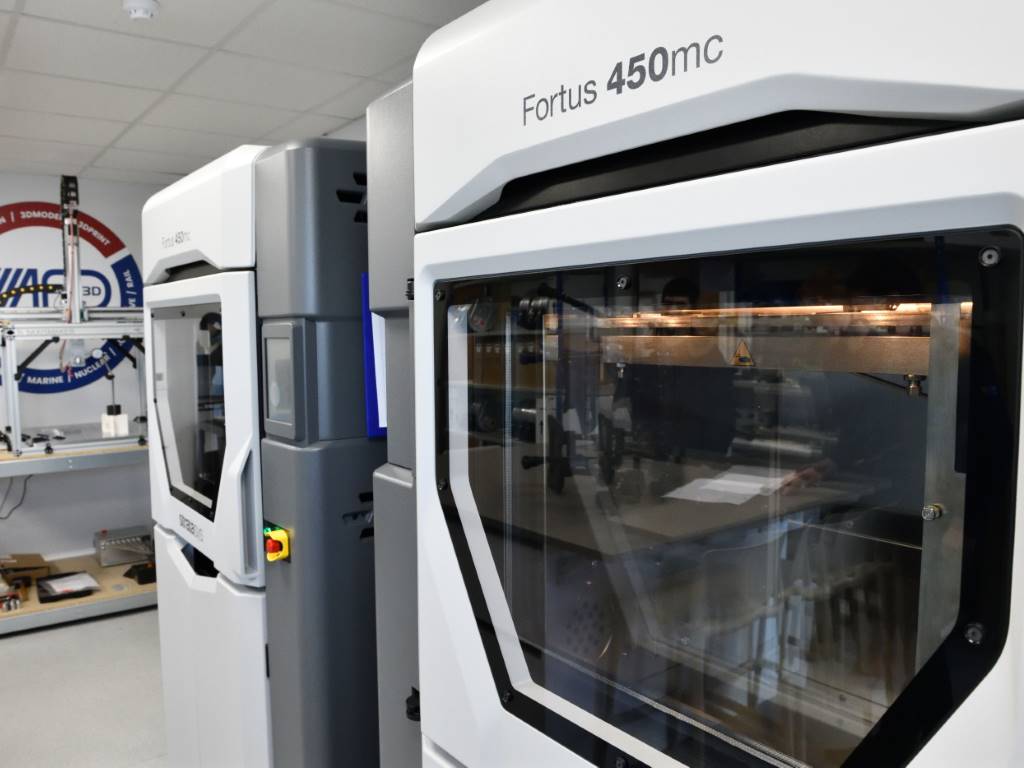Fit for the future
Following the recent announcement of £6.9 million funding for the second phase of its Aerospace Supply Chain Excellence (ASCE) programme, Simon Lott speaks to the North West Aerospace Alliance's (NWAA) Martin Wright about what to expect.
The initiative, which the NWAA claims will safeguard almost 400 jobs, has been given the go ahead based on the success of ASCE1 and funding from the Northwest Regional Development Agency and the Northwest European Regional Development Fund.
ASCE1, launched in 2006, has bought mentors in from Airbus, BAE Systems, Rolls-Royce and Aircelle to 30 strategically important suppliers to date, in order to improve their performance. Through this, the NWAA believes it has already aided the creation or safeguarding of 300 jobs with 2,000 man days of training delivered so far.
The second phase will be a much more comprehensive four year programme aiming to secure a competitive base of world class SMEs in the North West by driving forward five priorities: skills provision, innovation, shared services, commodity groups and extended enterprise.
“The first element will be about getting young people to understand that this is a vibrant, exciting industry and creating a skills capacity model to provide an accurate skills demand signal for future skills planning,” explains NWAA CEO Martin Wright. “The second will look at the supply chain in terms of collections of companies that work in commodity groups. We have a pilot running on a carbon composite group, which has about 20 organisations that meet on a regular basis. It is responsible for creating a skills demand signal and setting short, medium and long term innovation plans from national requirements, based on regional capabilities and a shared service demand.”
Altogether, it is expected that seven groups will be set-up, covering subjects such as advanced machining, tooling and UAV technology. These will lead into the third element of ASCE2, which will establish learning curve-based innovation processes through the cooperation of commodity group members.
“The largest element of ASCE2 is to create a shared services centre,” continues Mr Wright. “This is not just about human resource services. It would be about a wide range of activities such as shared energy contracts, providing specific expertise on subjects such as regulations as well as specialist services. The aim is to allow companies to focus on core activities and provide specialist services for non-core activities to reduce costs. If you have a centre that can provide this, then each company becomes much more efficient and the cluster more powerful.
“The final element is about collaboration because the future's not about individual companies operating in a supply chain. ASCE1 has given us that platform and companies in the North West are turning to it more and more. Companies are accepting that collaboration will make us bigger as a regional collective, allowing broader solution capability to be created.”
Concluding, he adds: “Achieving high levels of on-time delivery and quality is fundamental to being part of a world competitive aerospace cluster. ASCE1 has set that as a foundation and as we move into more complex supply chains we've got to look at overheads and future skills requirements and if they can be shared through collective services and future skills requirements. It will be a major part of ensuring the North West remains the lead region for aerospace in the UK and can build its ability to compete on a global scale.”
NWAA
www.aerospace.co.uk











